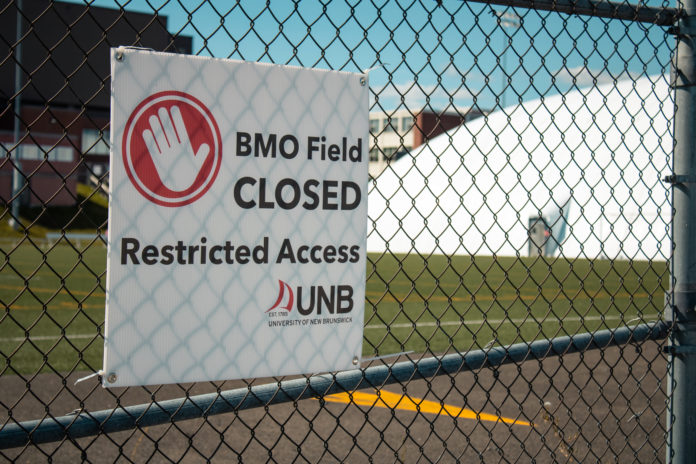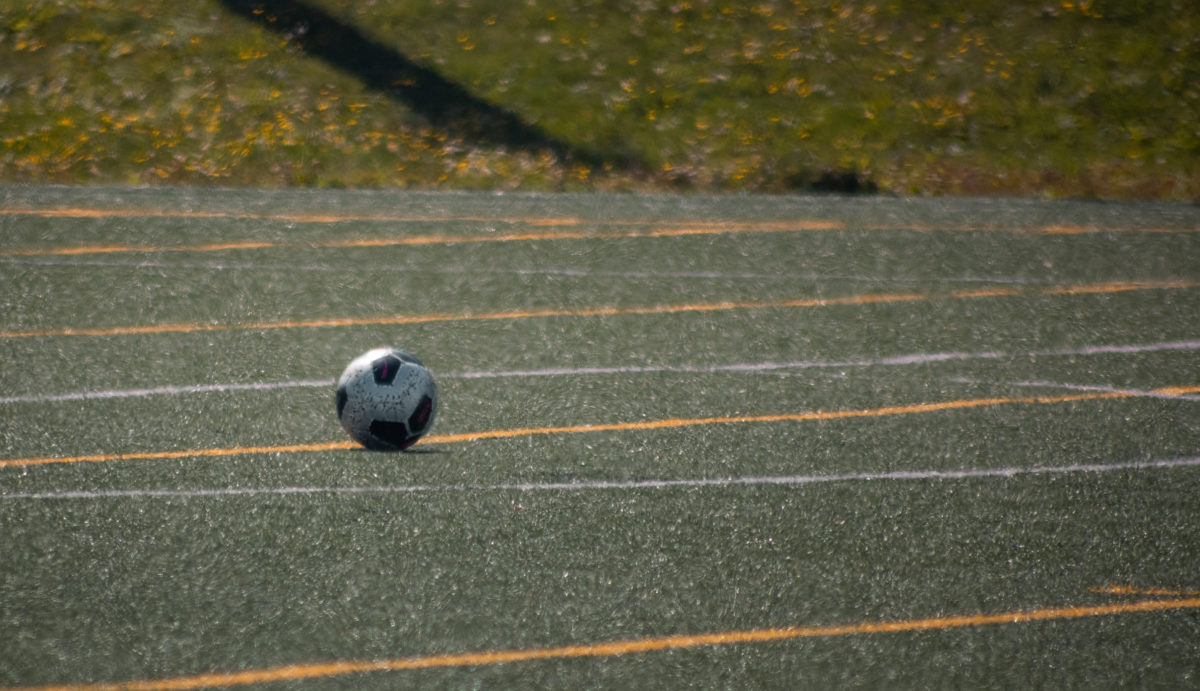

In June, the Atlantic University Sport and the Atlantic Collegiate Athletic Association, the governing bodies of St. Thomas sports belongs to, chose to cancel fall semester competition. Some teams last season did not even get the opportunity to finish their season, as COVID-19 hit and put the world on hold.
For STU, this meant no soccer, rugby or cross-country. It also meant no competition in fall 2020 for basketball, volleyball, women’s hockey or track.
The announcement brought mixed emotions for student athletes. Nigel Cornelius, a third-year men’s rugby player from Cambridge, N.S., had assumed fall sports would be cancelled months before he found out in an email on June 9.
“I wasn’t shocked when I found out,” Cornelius said.
“Rugby has been a massive part of my university experience both on and off the field.”
Lars Schwarz, a third-year student and a member of the cross-country and track teams, also wasn’t surprised.
“Sporting events are a perfect storm [for the virus to spread,] with speculators, close contact and travel,” he said.
“It seemed like it was bound to happen.”
But in order to protect the most vulnerable, the crowd must wait.

Cornelius said his coaches have been in contact with him and his teammates to “salvage” what they could from the season. The team will be doing their best to train together and keep in shape during the rugby hiatus.
Schwarz has been doing the same.
“I continued training throughout the summer, even if it wasn’t fun to go running on some of those super hot days,” he said.
He said the cross-country team met over Google Teams recently for an update on the season’s plan. Although competition with other schools is gone, Schwarz expects coaches will find creative ways to emulate the crucial element of competition in practice.
One thought of concern he had was about first-year students getting comfortable with the university environment.
“Sports can be something familiar to new students, it can be a way for them to make friends early on, and a way to meet upper-year students who can help with the transition to university,” Schwartz said.
Cornelius said campus will feel a little quiet without the excitement sports bring.
“The worst part of a campus without sports is the loss of atmosphere. Not seeing athletes and students sitting together in [James Dunn Hall] or around campus in general talking about their last games or the next game coming up is going to be weird,” Cornelius said.
